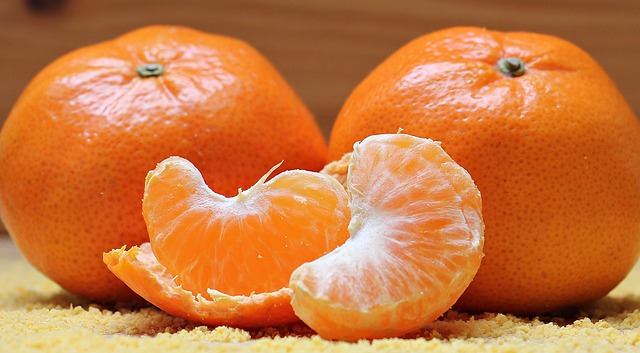From Bellyaches to Bliss: Probiotics for Digestive Troubles
In today’s fast-paced world, digestive troubles have become increasingly common. Many people suffer from conditions such as bloating, constipation, diarrhea, and irritable bowel syndrome (IBS). These issues can greatly affect one’s quality of life and overall well-being. Fortunately, there is a natural solution that can help alleviate these problems: probiotics.
What Are Probiotics?
Probiotics are live bacteria and yeasts that are good for your health, especially your digestive system. They are often referred to as “good” or “friendly” bacteria because they help keep your gut healthy.
Our digestive system is home to trillions of bacteria, both good and bad. When the balance of these bacteria is disrupted, it can lead to various digestive issues. Probiotics work by restoring this balance and promoting the growth of beneficial bacteria.
The Benefits of Probiotics
Probiotics offer a range of benefits for digestive health. Here are some of the key advantages:
1. Improved Digestion
Probiotics help break down food and absorb nutrients more efficiently. This can ease symptoms of indigestion, such as bloating and discomfort.
2. Relief from Irritable Bowel Syndrome (IBS)
IBS is a common condition that causes stomach pain, bloating, constipation, and diarrhea. Many studies have shown that certain strains of probiotics can significantly reduce IBS symptoms and improve the overall quality of life for those affected.
3. Enhanced Immune Function
A significant portion of our immune system resides in the gut. By promoting a healthy balance of bacteria, probiotics support immune function and help defend against harmful pathogens.
4. Prevention and Treatment of Diarrhea
Probiotics can be especially beneficial in preventing and treating diarrhea, including antibiotic-associated diarrhea and infectious diarrhea. They help restore the natural balance of bacteria in the gut, which can be disrupted during illness or antibiotic use.
5. Protection Against Certain Digestive Disorders
Emerging research suggests that probiotics may protect against certain digestive disorders, such as inflammatory bowel disease (IBD) and colorectal cancer. While more studies are needed, the potential benefits are promising.
How to Incorporate Probiotics into Your Diet
There are several ways to add probiotics to your daily routine:
1. Yogurt
Yogurt is one of the best natural sources of probiotics. Look for yogurts that contain live and active cultures, such as Lactobacillus and Bifidobacterium.
2. Kefir
Kefir is a fermented milk drink that contains a variety of probiotic strains. It is a great option for those who are lactose intolerant as it is typically well-tolerated.
3. Sauerkraut
Sauerkraut is fermented cabbage and is packed with probiotics. Be sure to choose unpasteurized sauerkraut to reap the full benefits.
4. Kimchi
Kimchi is a traditional Korean dish made from fermented vegetables, primarily cabbage. It is not only rich in probiotics but also contains vitamins and antioxidants.
5. Probiotic Supplements
If incorporating probiotic-rich foods into your diet is challenging, you may opt for probiotic supplements instead. Consult with your healthcare provider to find the right probiotic supplement for you.
Conclusion
If you suffer from digestive troubles, incorporating probiotics into your daily routine may offer significant benefits. These friendly bacteria can help restore balance in your gut, improve digestion, relieve symptoms of IBS, boost your immune system, and more. Whether you choose to consume probiotic-rich foods or take supplements, be consistent to reap the full benefits of these remarkable microorganisms.







